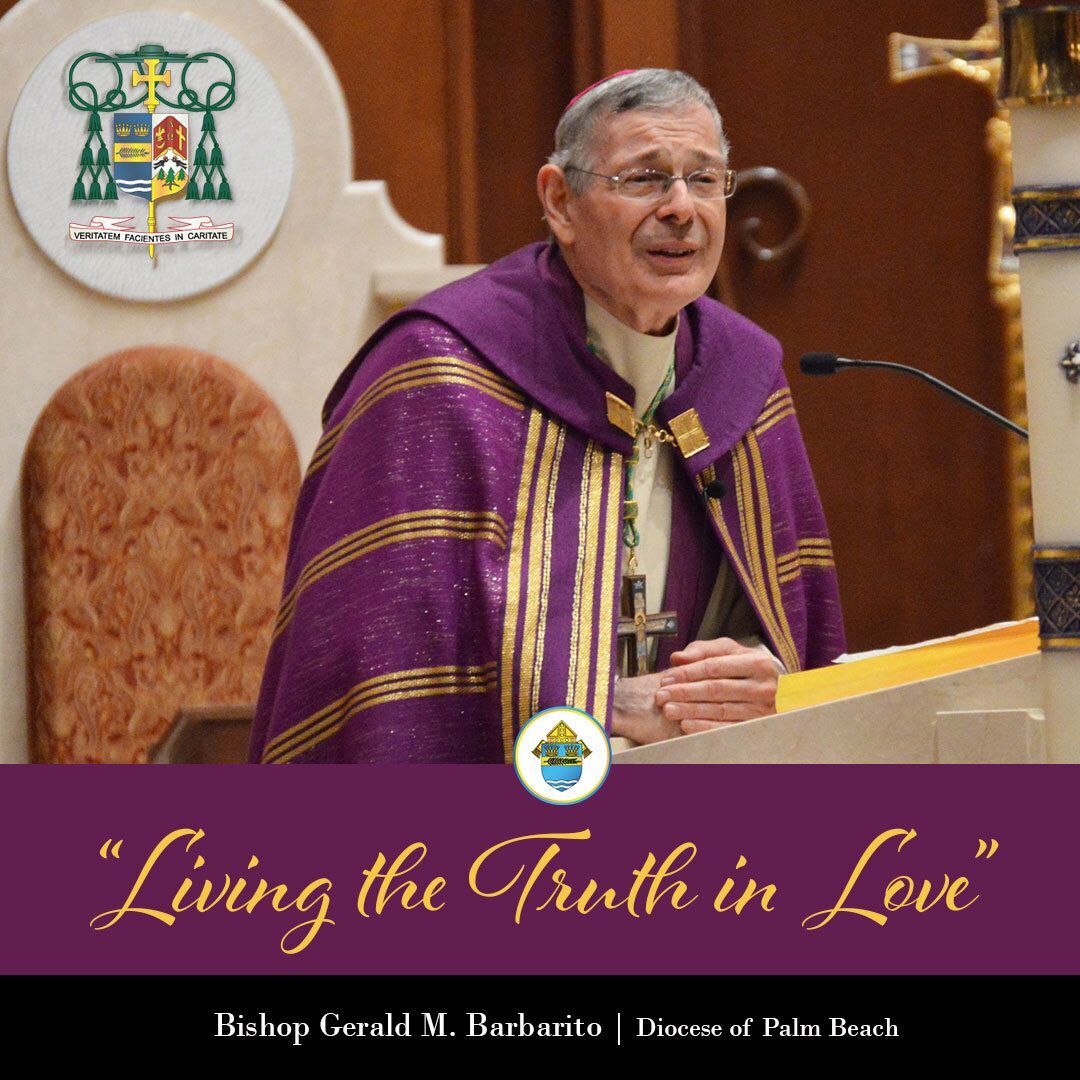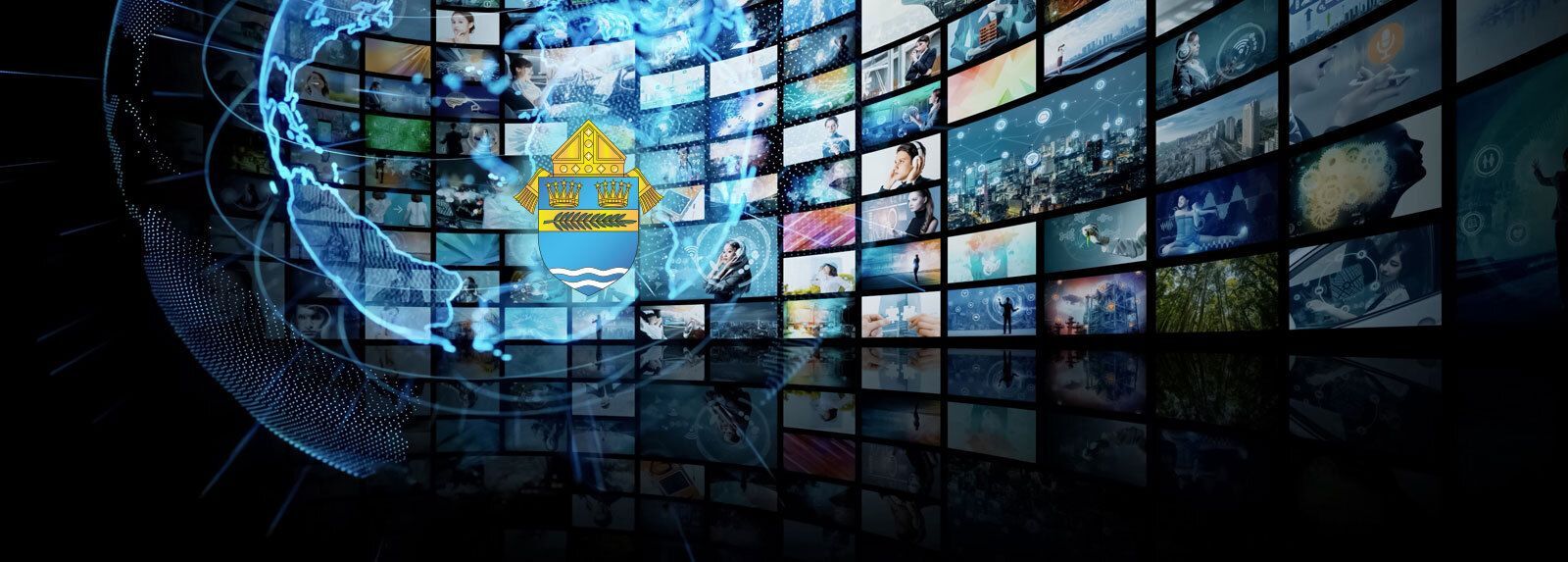
Artificial Intelligence – Guard the Heart
Every year, the Holy Father presents a message on the occasion of the World Day of Peace, which is Jan. 1. The theme chosen by Pope Francis for this year is “Artificial Intelligence and Peace.” The message contains many technicalities regarding the subject of artificial intelligence. The basic message stresses that artificial intelligence can produce a great deal of good and also can produce many negative effects. Artificial intelligence is a matter calling for a great deal of caution. Pope Francis concludes his message by stating, “It is my prayer at the start of the New Year that the rapid development of forms of artificial intelligence will not increase cases of inequality and injustice all too present in today’s world but will help put an end to wars and conflicts, and alleviate many forms of suffering that affect our human family.”
The beginning of a new year is a good time to reflect upon the rapid development of artificial intelligence. This is especially true for many of us who have seen such change in technology over the years, which we never would have imagined. The days of Dick Tracy using his telephone watch seemed incredible to us. Now it seems like medieval communication in the face of iPhones and smartphones which go far beyond communication by phone and puts us in other worlds instantly. We now wonder how we ever lived without our cellphones and consider Dick Tracy’s world prehistoric. When we begin to look at the things that artificial intelligence can do, we realize how quickly it will make progress. We have to be very cautious that its development will not cause natural human intelligence, and especially wisdom, to seem prehistoric. We are moving into an age where technology will literally substitute for humanity. The human mind is creating the means of artificial intelligence. As it does so, it can be creating the means of the destruction of humanity.
It is interesting to note that, on the same week that Pope Francis delivered his message on artificial intelligence, he spoke at his Wednesday audience on a new cycle of catechesis he will give on the theme of Vices and Virtues. His introductory presentation was on the theme of “Safeguarding the Heart.” As we reflect upon the matter of artificial intelligence, it is well to do so in the context of what Pope Francis spoke about in his audience. He refers to the account of Adam and Eve, who were forbidden by God to eat of a certain tree in the Garden of Eden. The pope explains that the prohibition was not to forbid humanity the use of reason but as a measure of wisdom. Pope Francis explains, “The story tells us God establishes the progenitors as lords and guardians of creation but wants to preserve them from the presumption of omnipotence, of making themselves masters of good and evil, which is a temptation — a bad temptation, even now. This is the most dangerous pitfall for the human heart.”
If artificial intelligence is meant to give the impression that humanity is omnipotent, it certainly will be the most dangerous pitfall for the human heart, as it will remove the heart from humanity. In his introductory catechesis, Pope Francis, as he has done on many other occasions, speaks of the cunning deception of the devil. Pope Francis stresses that the devil is a seducer, and we should never dialogue with him because “He is smarter than all of us and he will make us pay for it.” The pope goes on to stress that we must close the door and guard our hearts when it comes to entering into dialogue with the devil.
It is fascinating to reflect on the pope’s words that the devil has more intelligence than we do. It cuts to the heart of what intelligence is all about, which is knowledge that enables us to draw conclusions. The devil uses his intelligence, not in a positive manner by any means, but in one that is destruction. He has done this from the very beginning of creation. Artificial intelligence cannot supersede the destructive intelligence of the devil. Only the intelligence of God can do that, but God’s infinite intelligence is only measured by His infinite wisdom. The devil is crafty but not wise. There is no question that the devil will use humanity to create forms of artificial intelligence that can destroy the human heart. While artificial intelligence can bring about good, we need to recognize the extreme caution with which it should be utilized.
Wisdom is not something that can be artificially produced. Wisdom is not a matter of knowledge of facts and how to put them together to draw conclusions. Wisdom comes from experience of life and of the interaction of human relationships. Wisdom can draw conclusions from the heart, based on intelligence, but grounded in the core of humanity as created in the image and likeness of God. It is wisdom that will guard us against the destructive potential of artificial intelligence as long as wisdom supersedes it. Wisdom comes with age and can almost be a sixth sense. That is why we should choose leaders who can judge from the heart. God was so pleased with Solomon when He asks him to ask for any gift he wanted, and Solomon chooses an understanding heart. God grants it to him immediately because he does not ask for material goods or even for intelligence. He asks for wisdom. Many of the saints stress that, in looking for spiritual direction, they sought a director who had wisdom, not necessarily intelligence.
In his message for the World Day of Peace, Pope Francis emphasizes that algorithms must not determine how we understand human rights. He stresses that, “Reliance on automatic processes that categorize individuals, for instance, by the pervasive use of surveillance for the adoption of social credit systems, could likewise have profound repercussions on the social fabric by establishing a ranking among citizens.” As I already pointed out, in his first Wednesday audience on the topic of Vices and Virtues, the pope emphasizes that we not converse with the devil. We must be extremely cautious that our openness to artificial intelligence will not be a conversation with the devil. The pope pleads, “This is the recommendation — guard the heart — that we find in various fathers, saints: Guard the heart. Guard the heart. And we must ask for this grace of learning to guard the heart. It is a form of wisdom, how to guard the heart. May the Lord help us in this work. But he who guards his heart, guards a treasure. Brothers and sisters, let us learn to guard the heart.”
As we begin the New Year, let us turn to Mary, the Seat of Wisdom, that she may teach us to guard our hearts by treasuring in them, as she did, the wisdom of her Son.
Most Reverend Gerald M. Barbarito
January 5, 2024

